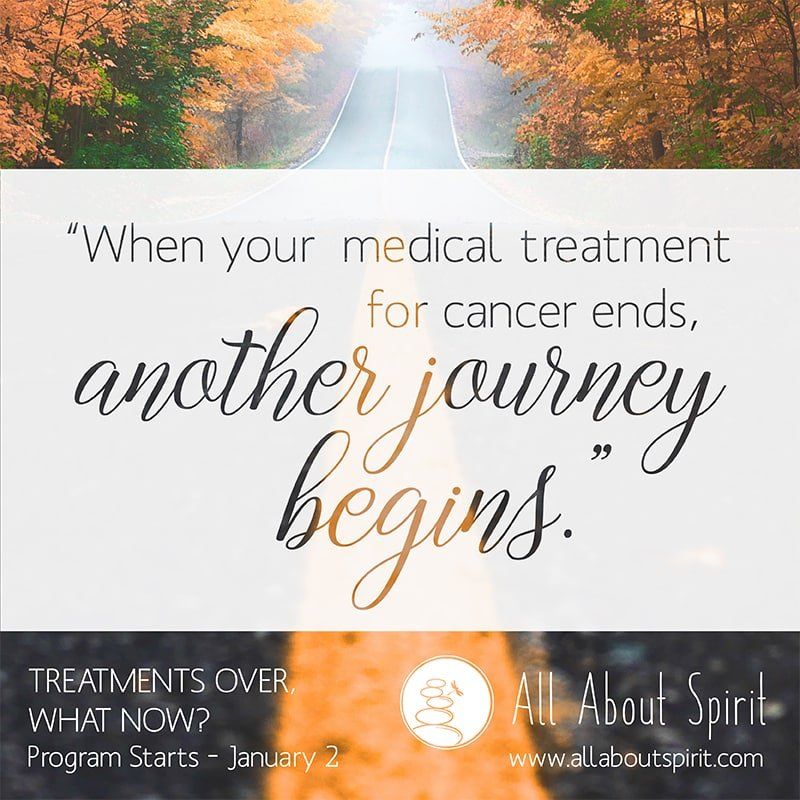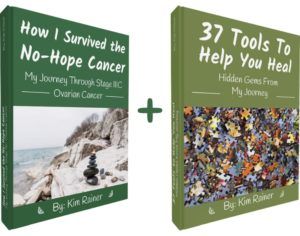Episode 2 – How Do You Support Someone Remotely
How do you support someone when your live far apart?
I recently received a question from someone curious how to support someone remotely. What does that look like? How does that work?
What makes my go-to people so special?
For a survivor of anything, it’s helpful to have a support network with a wide variety of people. Friends and family in different places, have different ways they can help you along your journey. Pondering this made me think of my go-to people, and what about them made them so special.
The Five Love Languages by Dr Gary Chapman
But first, I want to introduce you to a theory I think will help us in this conversation. It’s called the Five Love Languages by Dr. Gary Chapman. They are:
- Acts of service
- Gift giving
- Physical touch and closeness
- Quality time
- Words of encouragement
Learning the languages you speak
You need to know what languages you speak in first before you’re able to give to others. I encourage you to take time to discover what you need and how you like to express love. What are your love languages? Which do you use to express love?
Acts of Service
For me, I appreciate acts of service. One of the best examples of support during my diagnosis was my sister. She made a great act of service, moving from Colorado to stay with me. She was with me through my treatment and chemotherapy and help with things as simple as cleaning my house. These were great gifts. When I think about what made even the simplest acts so special, I realize that it was because she just showed up and did them. She wouldn’t ask me “How do you want me to clean your window? How do you want me to clean your sink?” she just did it. I appreciated this so much.
If we know what we like, we can learn how to best give to others.
Gift Giving
When it comes to gift giving, here are a few things that I loved to receive from friends while going through treatment: Spa days, massage, haircare, new sheets or pajamas, acupuncture, personal products, etc.
Physical Touch and Closeness
Even the most basic physical touch can be so comforting. Having someone just sit next to you, or someone to lean against, just being there for the person is important. One of the most meaningful moments was having a friend sit back-to-back with me so I could lean into their body. For that moment, I had the weight of mine supported by them. It was so intimate and heartfelt. It’s not always the words, but the touch that can really help someone.
Quality Time
Whether it’s on the phone or in person, we really need time to talk and download. Sometimes it doesn’t even need a response; anyone trying to help or do something about it. It can be really refreshing just to have a listener. Instead of trying to fix me or make me OK, just sit and be with me.
Or, entertain me! A little humor goes a long way… we need to be able to laugh as we go through this process. One of my favorite things to do was have a friend over and watch Carol Burnett. Any time, too, I could get out and be with other people, not focused on being sick, was always a blessing.
Words of Encouragement
This can be a tricky one. Sometimes we don’t need to hear “Everything’s going to be OK.” It can feel like it’s blowing off the magnitude of what we’re trying to deal with. But other times it may help. Know the person you’re dealing with and their responses to your words. Sometimes even the space to say things that they’re going through or feeling…the hard things and the good things. Like, “This sucks!”
Remember we’re still people inside, and we’re desperately craving some kind of normal. When we hear, “I didn’t want to bother you or tell you what was going on with me because you have so much on your plate right now,” this may not be how we receive it. Our lives become consumed with our health and the cancer… We’d love some normal! Engage with us. Tell us the stories and the new and what’s going on in your life. We’re fighting to be here on the planet , and part of the reason we’re doing that is because we want to be here with you!
This is a marathon, not a sprint!
This is a marathon, not a sprint. When were first diagnosed there are a lot of around us to help us. Food, calls, flowers, cards… but as time goes on people fade away. They start to step back into their own lives. We get left with a lot of time on our hands. For survivors it’s important to find a network and schedule time with them. Take caution that no one gets burned out and there’s still support in all areas.
It indeed takes a village to raise a child, and it’s no different for moving through cancer. Don’t be afraid to ask for the things you need and allowing people to help you with those. Find a way to not take things personally and to communicate honestly about what’s going on with you and where you’re at. Self-care is important for both caregiver and the survivor. Your love languages can help you with both!
Wherever you are in your journey, you can thrive!
I wish you love today.
The post Episode 2 – How Do You Support Someone Remotely appeared first on All About Spirit.
If this article inspires you, then please share the love...
Get The Survivors Manifesto
(it's free!)
What to do when your cancer is gone but everything still feels different.
Enter Your Details here
Survivors Manifesto Signup
Join Free For Post-Cancer Support
Join the All About Spirit Community to receive support
& encouragement via email, from one survivor to another.


